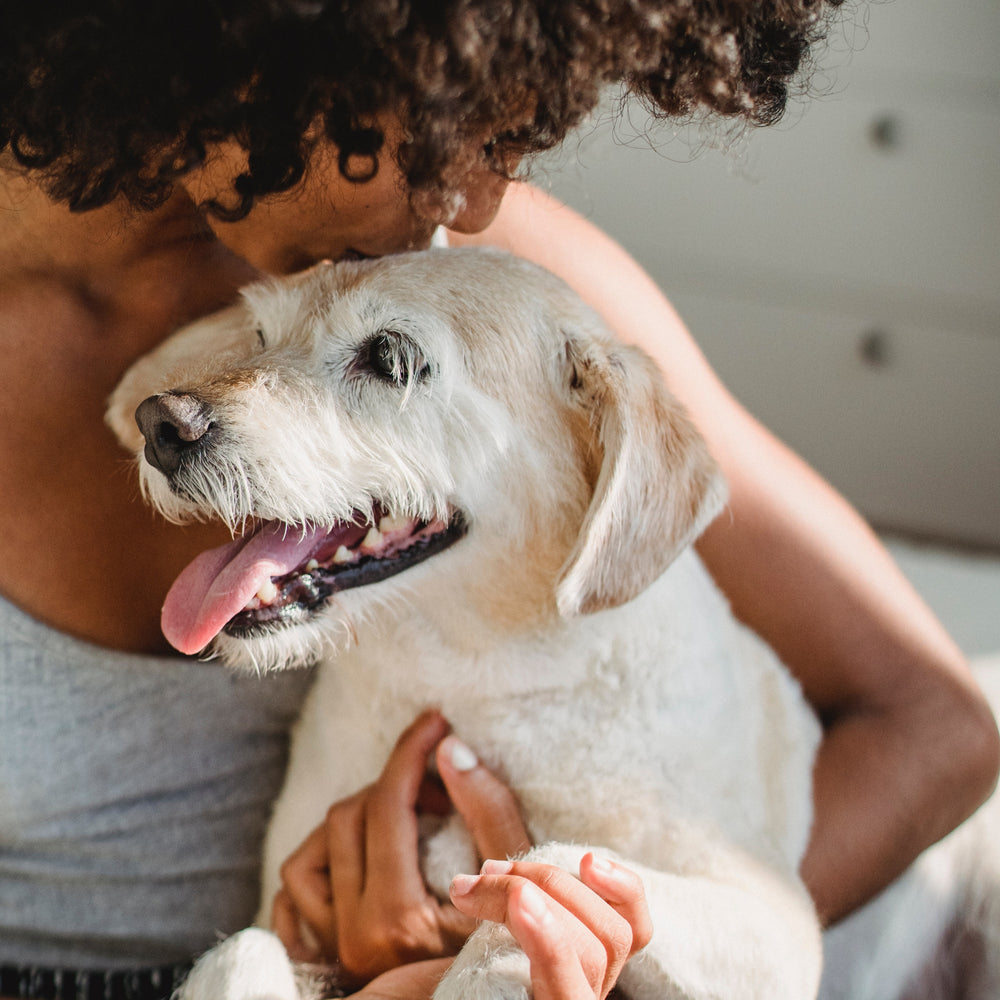Why fostering dogs has become vital post-COVID
Animal rescue shelters and organisations across Australia are being inundated as an unprecedented number of pet dogs are given up by their owners.
The surge in the number of pets being surrendered began just before Christmas 2021 and has not shown any signs of slowing down.
RSPCA Victoria reported that about 50 dogs a month were being surrendered to them before Christmas. That figure is now close to 150.
For years, rescue organisation German Shepherd Rescue Victoria received about one request to surrender a German shepherd dog every two days.
The charity is now getting about three requests a day, with five coming in on one day last week.
The association has been so overwhelmed it has been forced to stop accepting any more surrenders until at least after Easter — a "heartbreaking decision" to make.
Many the dogs being handed over are also reported as having significant behavioural issues, with COVID-19 lockdowns cited as a major contributor.
Lockdowns, as well as people's general aversion to socialising too much due to COVID-19, meant many dogs were not exposed to enough of the world outside their homes last year, causing them to become anxious.
With plenty of people buying puppies during lockdown, many dogs were not socialised between eight- and 16-weeks-old — the crucial time for their social development.
Dogs' anxiety often leads them to having trouble interacting with others.
And anxious dogs often become reactive, an attitude which is easily mistaken for aggression
Behavioural issues are one of the hardest problems for rescue centers to manage because they require a lot of attention to help the dog improve enough to be adopted out.
Rescue groups more than ever need foster carers to provide these dogs a safe and secure home while they become more socialised and receive training.
Most rescue groups don’t have shelter facilities to house dogs but rely on a network of foster carers to care for them in their own homes.
People from all walks of life can become foster carers. Students who can’t commit to a lifelong dog, retirees who love dogs but want to travel, families who want to make a difference, people without a dog of their own or people who can welcome an additional dog into their lives. The only typical thing about foster carers is their love of dogs.
And of course, if you fall in love and want to keep your foster dog, you can make it official and adopt them!
So, if you think you can help, please contact your local dog rescue group and ask them about fostering.












Leave a comment
This site is protected by hCaptcha and the hCaptcha Privacy Policy and Terms of Service apply.